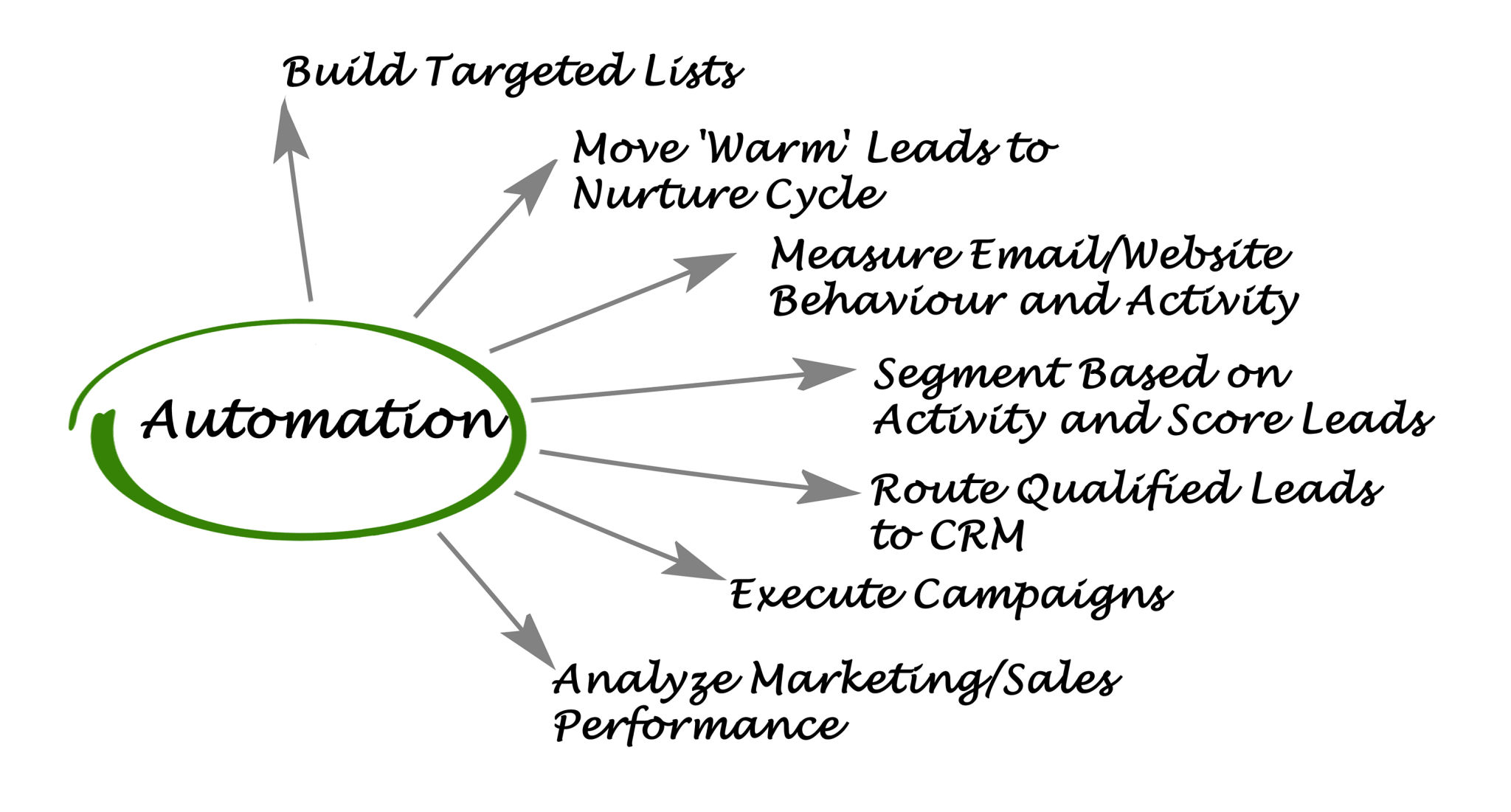Why Localization is Crucial for Businesses Entering the Indonesian Market
Understanding the Indonesian Market
Indonesia, with its vibrant culture and diverse population, presents a unique opportunity for businesses looking to expand. As the largest economy in Southeast Asia, it offers a broad consumer base and a rapidly growing middle class. However, entering this market requires more than just a translation of your business materials. It demands a deep understanding of local customs, languages, and consumer behavior.

The Importance of Language and Culture
Language is more than just a tool for communication; it's a reflection of cultural identity. In Indonesia, where over 700 languages are spoken, localizing your content to align with cultural nuances is crucial. This means not only translating text but also ensuring that your brand's messaging resonates with Indonesian values and traditions.
Cultural adaptation can significantly impact a brand's acceptance. For instance, certain colors, symbols, or phrases may have different connotations in Indonesia compared to Western countries. By aligning your branding with local preferences, you build trust and credibility among Indonesian consumers.
Adapting to Local Consumer Behavior
Understanding consumer behavior in Indonesia is essential for successful localization. Indonesians have distinct purchasing habits influenced by cultural, economic, and social factors. Digital presence is significant, as the country has a high rate of internet penetration and social media usage. Businesses need to adapt their marketing strategies to these online platforms to effectively reach their target audience.

Moreover, the preference for mobile shopping is prominent in Indonesia. With the majority of the population accessing the internet via smartphones, optimizing your website and digital content for mobile users ensures a seamless customer experience.
Regulatory Considerations
Entering the Indonesian market involves navigating various regulatory requirements. These include language regulations for product labels and advertisements, which must be in Bahasa Indonesia. Failure to comply with these regulations can result in legal complications and damage to your brand's reputation.
Additionally, understanding local business practices and legal frameworks can provide a competitive advantage. Partnering with local experts or consultants can help ensure compliance and smooth entry into the market.
Benefits of Effective Localization
Effective localization offers numerous benefits for businesses entering the Indonesian market. Firstly, it enhances brand visibility and recognition. A localized approach shows commitment to the local culture, making your brand more relatable to Indonesian consumers.

Secondly, it fosters customer loyalty. A brand that speaks the local language and understands cultural nuances is more likely to build strong relationships with its customers. This loyalty translates into repeat business and positive word-of-mouth marketing.
Strategies for Successful Localization
To successfully localize for the Indonesian market, businesses should adopt a comprehensive strategy that includes:
- Conducting thorough market research to understand cultural preferences and consumer behavior.
- Collaborating with local experts to gain insights into language and cultural nuances.
- Adapting marketing campaigns to align with local traditions and values.
- Ensuring compliance with local regulations regarding language and business practices.
By implementing these strategies, businesses can effectively penetrate the Indonesian market and maximize their potential for growth.
